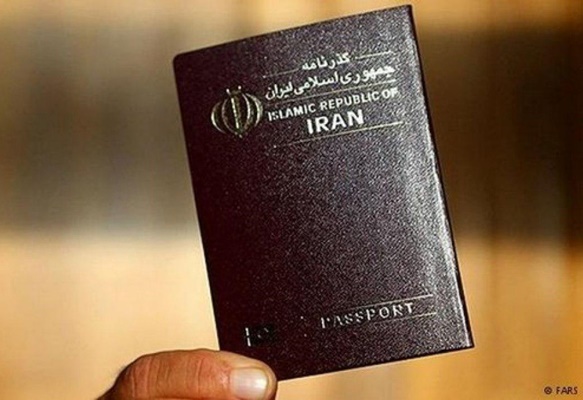During a parliamentary session on Sunday, May 12, 188 lawmakers voted in favour of the bill which had been presented to the Parliament by the government of Hassan Rouhani back in April.
Out of the 226 MPs attending the session, 20 voted against the bill, and 18 abstained from voting (3 cast blank votes and 15 did not take part in the voting).
To be signed into law, the bill still needs to be ratified by the Guardian Council, which controls its contents in terms of compatibility with the country’s Constitution and the rules of Sharia.
If signed into law, it would be a breakthrough and the end of a long-time discrimination against women in Iran.
Currently, children in Iran acquire nationality of the country through their fathers, but not their mothers. The full nationality law is defined in Book 2 of the Civil Code of Iran, Articles 976 through 991.
Article 976 of the Civil Code of Iran defines who is an Iranian national:
All persons residing in Iran except those whose foreign nationality is established; the foreign nationality of such persons is considered to be established if their documents of nationality have not been objected to by the Iranian Government.
Those born in Iran or outside whose father is Iranian.
Those born in Iran of unknown parentage.
Persons born in Iran of foreign parents, one of whom was also born in Iran.
Persons born in Iran of a father of foreign nationality who have resided at least one more year in Iran immediately after reaching the full age of 18; in other cases their naturalization as Iranian subjects will be subject to the stipulations for Iranian naturalization laid down by the law. New legislation passed by the Iranian Parliament in 2012 grants permanent residency to children born to Iranian mothers and foreign fathers.
Every woman of foreign nationality who marries an Iranian husband.
Every foreign national who has obtained Iranian nationality.
According to Article 979 of the Civil Code of Iran, people can obtain Iranian nationality under following conditions:
Have reached the full age of 18.
Have resided five years, whether continuously or intermittently, in Iran.
Are not deserters from military service.
Have not been convicted in any country of non – political major misdemeanours or felonies.
